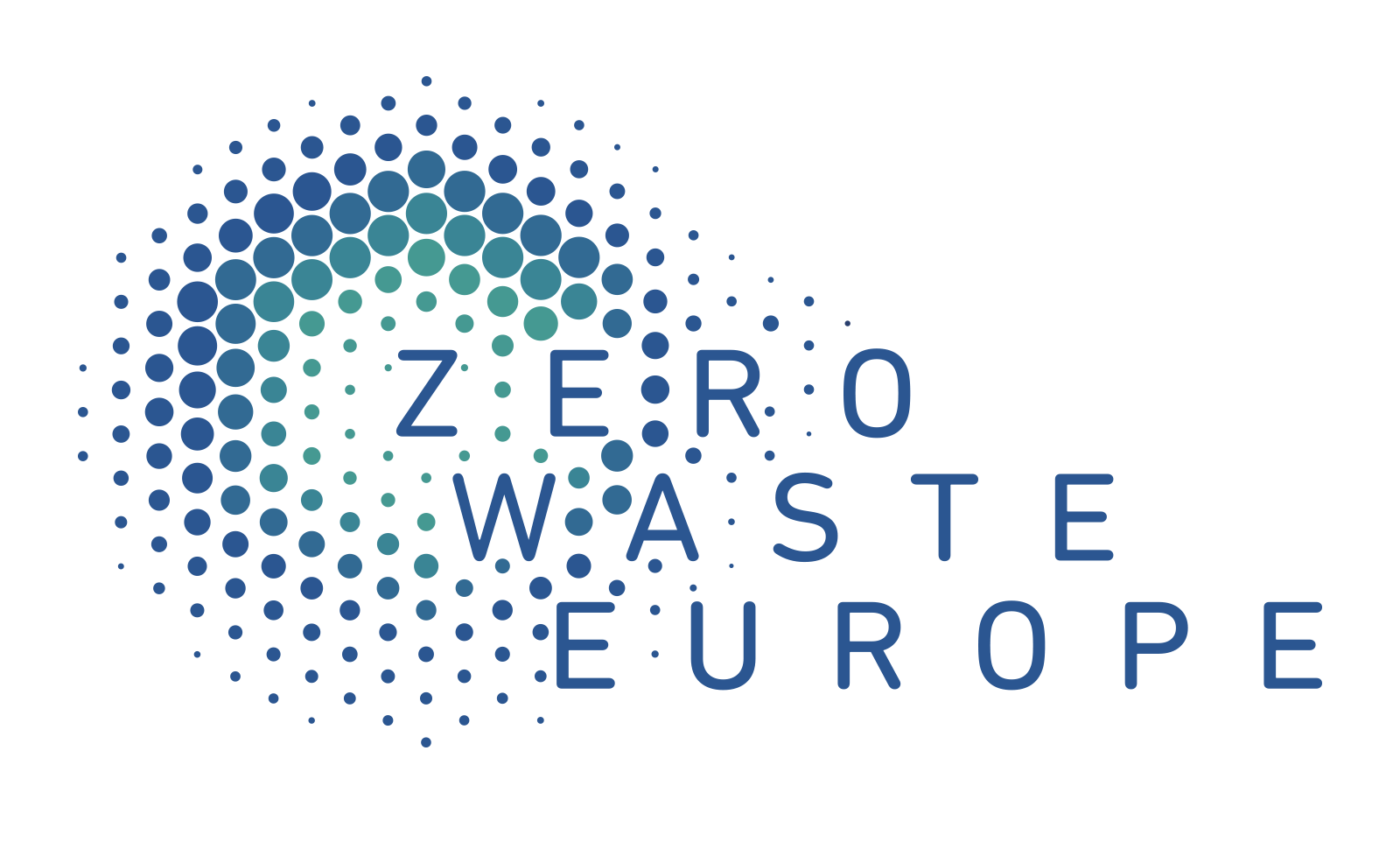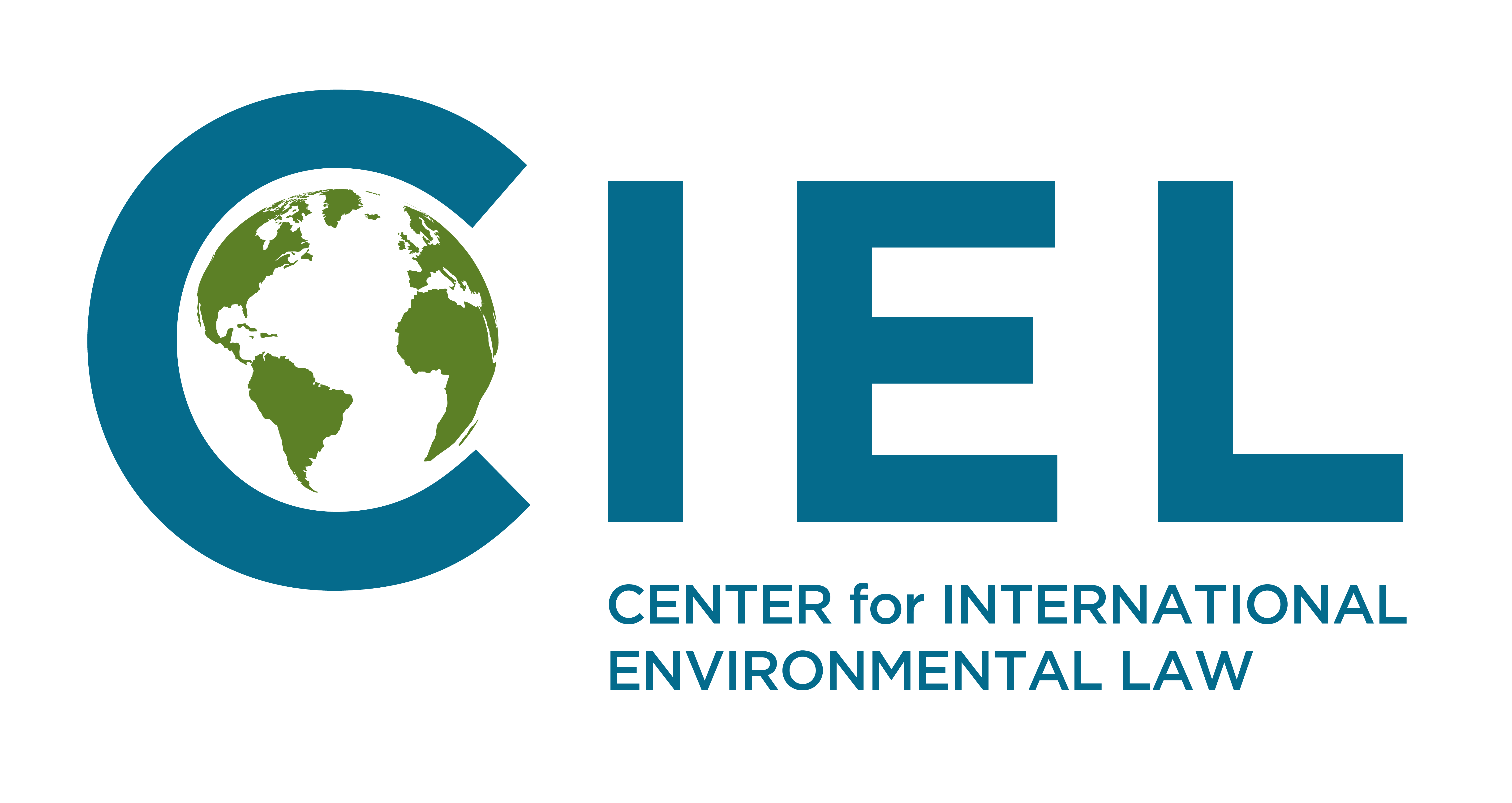The European Parliament wants faster and further action on plastic pollution, so do we!
FOR IMMEDIATE RELEASE: Brussels, 27th January 2021
The Rethink Plastic alliance welcomes the European Parliament ENVI Committee’s strong call for ambitious measures to achieve a toxic-free circular economy and prevent pollution at source. Now, upcoming legislative initiatives, including the Sustainable Products Policy Initiative and the revision of the Packaging and Packaging Waste Directive, must maintain the same ambition in order to make the objectives of the Circular Economy Action Plan a reality.
Today, the ENVI Committee (of the European Parliament) adopted their own report welcoming the Circular Economy Action Plan released in March 2020 by the European Commission, under the umbrella of the European Green Deal. In this report, the Parliament urges the European Commission to continue the implementation of the 2018 Plastics Strategy.
The European Parliament highlights that single-use products can be “a significant burden on the environment and on resources” needing to be replaced by reusable alternatives. It calls for circular and non toxic materials and products to become the norm in the EU market while making sure they are accessible and affordable to all. It also highlights the need to support circular products and business models and the development of “product as a service“ initiatives and deposit-return schemes.
“By putting single-use under the spotlight and calling for legislative measures and economic incentives to support reusable solutions, the European Parliament is sending a strong and welcome signal. Reduction, redesign and reuse are – and need to be – at the core of the transition not only to circular products and packaging but also to circular systems”
commented Justine Maillot, Policy Coordinator at the Rethink Plastic alliance.
The European Parliament also stresses the need for urgent action to address microplastic pollution, a growing source of concern for both the environment and health. It calls on the European Commission to phase out intentionally added microplastics (e.g. in cosmetics, detergents, sanitary pads and nappies), adopt regulatory measures to reduce unintentional release of all microplastics at source (secondary microplastics and plastic pellets) as well as ecodesign requirements to prevent microplastics released by the degradation of larger plastic items.
“The European Parliament has so far taken a bolder stance on microplastics than the Commission, calling for the adoption of a comprehensive and mandatory set of measures to reduce their release across sectors. To overcome the significant threat microplastics pose to both our health and environment, parallel regulatory efforts are urgently needed, including a wide restriction of intentionally added microplastics, EU legislation to make best practice handling of plastic pellets mandatory all along the value chain, and binding measures to target secondary microplastics sources such as plastic mulch, car tyres and synthetic fibers”
added Justine Maillot, Policy Coordinator at the Rethink Plastic alliance.
ENDS
Notes to editors
The European Parliament’s report also highlights that :
– the Commission should set material and consumption footprints targets to 2030 and 2050 to bring consumption within planetary boundaries by 2050;
– the circular economy can only be toxic free and that further action is needed to phase out hazardous chemicals in products and packaging and increased traceability, notably thanks to product passports and the SCIP database;
– green public procurement has a big role to play in the transition, leading by example in making sustainable products and packaging (reusable, repaired etc) the default option in public procurement;
– green claims related to plastics must be fully justified with the use of harmonised calculation methods, such as the Product Environmental Footprint methodology
– bio-based and biodegradable plastics alone are not a solution to the environmental impacts of plastics;
– the EU should continue to lead the work on international responses for addressing plastic pollution, including the work towards a global agreement on plastics.
The European Parliament Plenary is expected to vote on the report in February.
Contacts
Justine Maillot, Policy Coordinator at Rethink Plastic alliance, +32 (0) 487 347 215, [email protected]
Eilidh Robb, Communications Officer at Rethink Plastic alliance, +44 (0) 753 152 5899 [email protected]
The Rethink Plastic alliance, part of the Break Free From Plastic movement, is an alliance of leading European NGOs working towards ambitious EU policies on plastics. It brings together the Center for International Environmental Law (CIEL), ClientEarth, Environmental Investigation Agency (EIA), European Environmental Bureau (EEB), European Environmental Citizen’s Organisation for Standardisation (ECOS), Greenpeace, Seas At Risk, Surfrider Foundation Europe, and Zero Waste Europe. Together they represent thousands of active groups, supporters and citizens in every EU Member State working towards a future free from plastic pollution.









